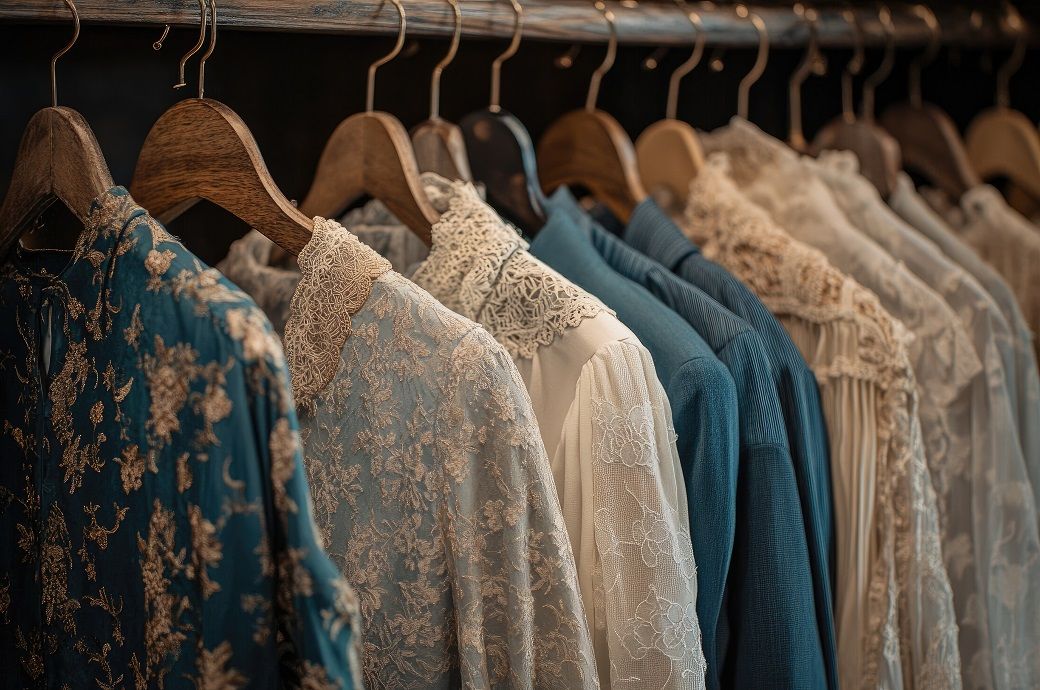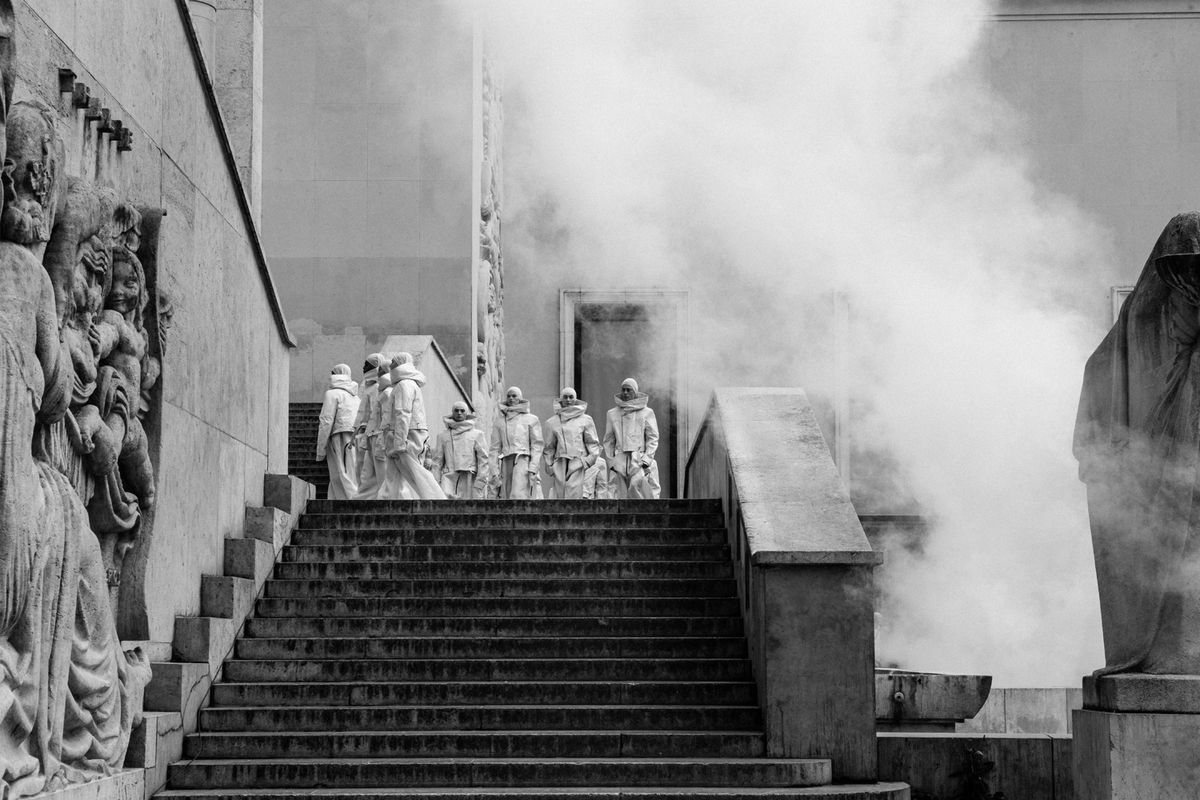Gambling
G2E: Social-gaming sites might or might not be gambling

G2E education sessions don’t often use show-and-tell features other than slide decks.
But at Tuesday’s panel, “The Growth and Challenge of Sweepstakes Operators,” Light & Wonder Global Head of Government Affairs & Legislative Counsel Howard Glaser stood on stage and asked Michael Pollock, a senior policy advisor for Spectrum Gaming Group, for some money.
“You have a worthless piece of paper. You’re going to bet that piece of paper,” Glaser said, handing it to Pollock and taking his money. “If you win a coin toss, you’re going to win $200. If you lose the coin toss, you have lost your piece of paper.”
And, it must be said, $100.
Glaser added that if Pollock, or anyone who has entered a sweepstakes, wants to protest the result, they’d have to get on a plane to Malta.
“Every regulator who has looked at this transaction we just went through, in Connecticut or Delaware, saw what you see here,” Glaser said. “That’s gambling, unregulated, unlicensed, untaxed, deep. No regulator has looked at it and found it otherwise.”
With names like Sportzino, The Money Factory, and McLuck, the sites are just a click away on any mobile device. But not all sites are alike, says Michelle Cohen, a partner with Ifrah PLLC. Some sites promoted by social-gaming companies that charge players for buying coins for extra features aren’t gambling sites.
“They just don’t turn into a sweepstakes operator if they’re getting business,” Cohen said. “The law requires, particularly, if it isn’t an unlicensed activity — which doesn’t make it a good versus bad activity — to get a legal opinion. Our firm and others, we certainly don’t take all (companies). We review — what are your controls? And we don’t take companies that we feel aren’t valid or legitimate.”
Matt Kaufman, Eilers & Krejcik Managing Director, Digital & Interactive Gaming, said he’s never seen a traditional casino run a KYC (know your customer) or AML (anti-money laundering) check on a player, “and I’m looking at these companies all time. It’s one thing to say they’re unregulated. They’re not regulated by gambling regulators, because they’re not offering gambling. They still have to operate within the confines of the law.
“And the question comes back to you, are the operators doing all the things they need to do to be legal? And yes, there are concerns that are valid. I’m not being dismissive of the opportunity for bad actors in the space to exist. There can absolutely be bad actors who are running social-space casinos.”
But Michigan Gaming Control Board Criminal Investigation Section Administrative Manager John Lessnau said that there are illegal sites in the U.S. where anyone can use a credit card, log on, and play for real money. “There’s no age controls. There’s no testing. They’re not regulated, they’re not licensed.”
But Kaufman suggested something else is going on, something that no one admits. “I’m merely suggesting that if an activity is legal and the gambling industry doesn’t like it, it doesn’t make it illegal.”









